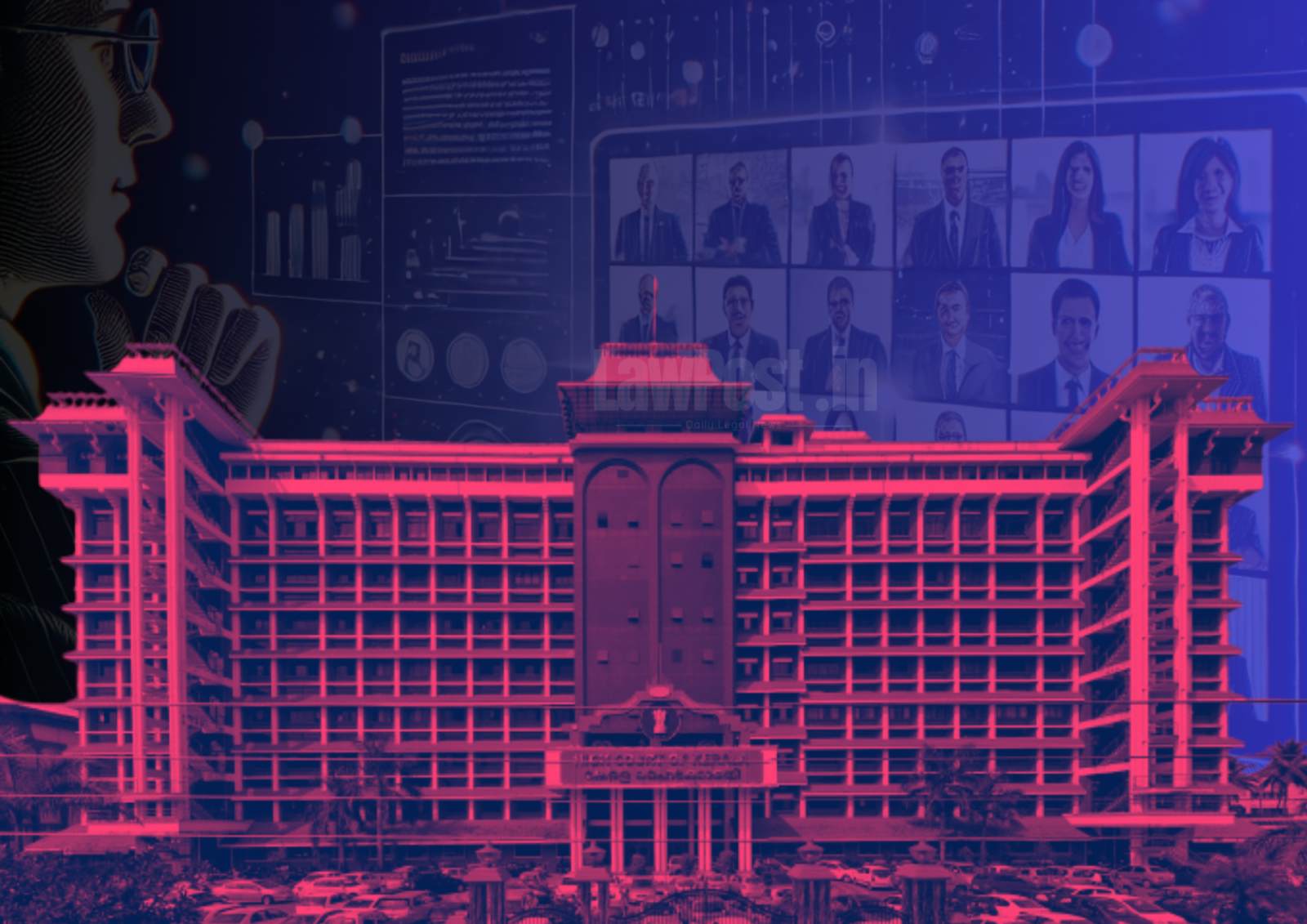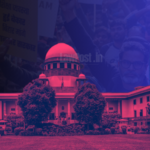In a landmark ruling, the Kerala High Court has held that advocates can conduct cross-examinations of witnesses via video conference under specific circumstances, provided requisite facilities are available. Justice VG Arun delivered the judgment in Alex C Joseph v. State of Kerala & Ors., citing the need for expeditious disposal of cases and ensuring accessibility to justice.
Virtual Cross-Examination: Not a Right, But a Discretionary Option
The Court clarified that the permission to cross-examine witnesses remotely cannot be claimed as a right but should be considered by courts on a case-by-case basis. Justice Arun noted:
“If arguments can be advanced from a Remote Point without the co-ordinator being present, conduct of cross-examination can also be permitted. Grant of such permission will be in the interest of justice and would ensure expeditious disposal of cases by avoiding unnecessary adjournments.”
The ruling emphasized that courts could insist on competent advocates being physically present in the trial court during the cross-examination and that all necessary facilities should be available at the remote point.
Addressing Gaps in the Rules
The case was brought before the High Court after a CBI court denied permission to a Senior Advocate—unable to travel due to health issues—to conduct virtual cross-examination. The petitioner cited the Electronic Video Linkage Rules for Courts (Kerala), 2021, which enable remote arguments, as the basis for his plea.
After reviewing the rules, the High Court acknowledged that they lacked explicit provisions for virtual cross-examination but called this an “obvious omission.” The Court directed the Registrar General to forward the judgment to the Rules Committee for possible amendments.
“The very objective behind the introduction of the Electronic Video Linkage Rules is to make courts more accessible and the proceedings more expeditious,” the Court observed.
Supreme Court Precedent
The High Court also referenced the Supreme Court’s judgment in State of Maharashtra v. Praful B. Desai, which held that evidence recorded via video conferencing is equivalent to being in the “presence” of the accused under Section 273 of the CrPC and Section 308 of the Bharatiya Nagarik Suraksha Sanhita (BNSS).
Outcome
The High Court directed the CBI Court to consider future requests for virtual cross-examination in light of its observations, emphasizing that the accused’s right to choose their counsel should not be impeded by procedural gaps.
The petitioner was represented by advocates S Rajeev, V Vinay, MS Aneer, Sarath KP, and KS Kiran Krishnan. Special Public Prosecutor Sreelal N Warrier appeared for the CBI, while Senior Public Prosecutor CS Hrithwik represented the State.
Case: Alex C Joseph vs State of Kerala – Available on LAWFYI.IO








